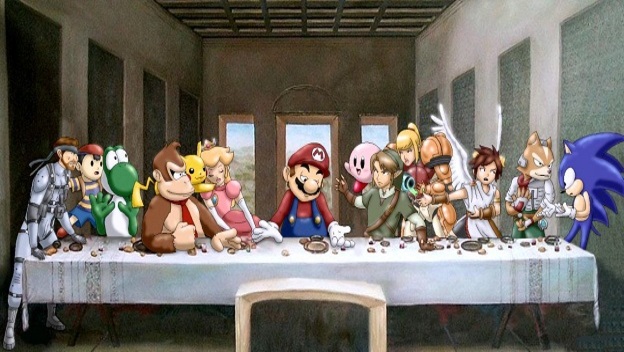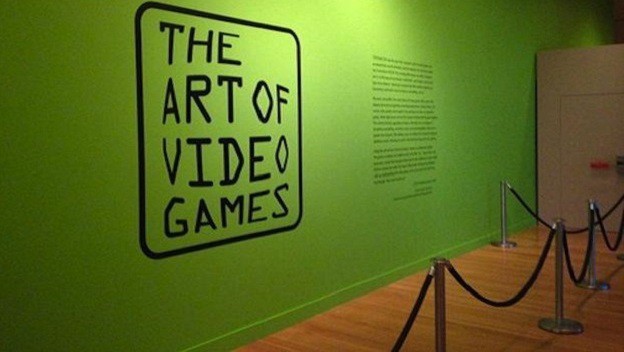On the never ending merry-go-round that is the art in games debate. I think I might be ready to jump off.
When Roger Ebert first made the proclamation that games would never be art, I’m not sure he realized exactly what sized hornets’ nest he would stir up. Even after his death, the offhand comment (one that he probably never gave all that much thought to in the first place) still rages on today.
Obviously as a game journalist I’m biased, but in this day and age I truly fail to see how those who agree with Mr. Ebert’s statements can keep propping up their arguments with a straight face anymore. A reasonable person with even moderate intelligence can take one look at the beautiful landscapes and fascinating story telling coming from our industry, and instantly know that it deserves top billing alongside literature, film or music. Frankly, if Justin Bieber is considered an “artist,” then so is Metal Gear Solid creator Hideo Kojima. CASE CLOSED (…in case you couldn’t hear it, that was the sound of me dropping the mic and walking off stage).
Another point that detractors overlook, is that video games can also be used as a medium for social commentary just as much as other industries. While we’ve recently covered the plights of both the gay community and women’s equality issues here on the site in the past, Kojima himself recently chimed in on how gaming needs to be more proactive in tackling controversial topics. To him, it’s the only way to gain true legitimacy and finally put this silly debate to bed. “If we don’t cross that line, if we don’t make attempts to express what we really want to express, games will only be games. If we don’t try to go beyond that, we won’t be able to achieve what movies or novels have achieved. I didn’t want to stay away from these things that could be considered sensitive. If we don’t go that far, games will never be considered as culture.” He reasons.
But is Kojima right? Can we really bridge this gap or are we just kidding ourselves?
I’m not sure if things like film and music are held in such high regard vs. their video game brethren (which is often treated like a red headed step-child of entertainment) simply due to them existing for generations before Pong broke onto the scene. With video games only occupying popular culture for the last several decades or so, I suppose it’s similar to the new guy on a sports team that doesn’t garner the respect of his mates until he proves himself. In that regard, the father of Metal Gear may have a point. If games don’t break out of their tried and true formula of pumping out FPS games and start incorporating real world narratives into their themes, it’s going to be hard for us to finally grab that brass ring. And terrorists in every Call of Duty doesn’t count.

Take the recent Oscar ceremony for example. Ellen started the evening with a joke that essentially amounted to, “…if 12 Years A Slave doesn’t win, you’re all racists.” Although said in jest, you have to wonder: were the lions share of awards given out to movies featuring gay, lesbian and slavery themes an attempt to raise awareness, or did they truly deserve their coveted spots? We walk on a slippery slope when dealing with social issues while using video games as our soap box. However, until we do, we may never be seen as more than a one dimensional hobby.
If we do open this can of worms, the question becomes, “how do we strike the perfect balance between advocacy and just being too damn preachy?” To be honest, that answer might be slightly above my pay grade. Perhaps it lies with you? Let me know what you think!
